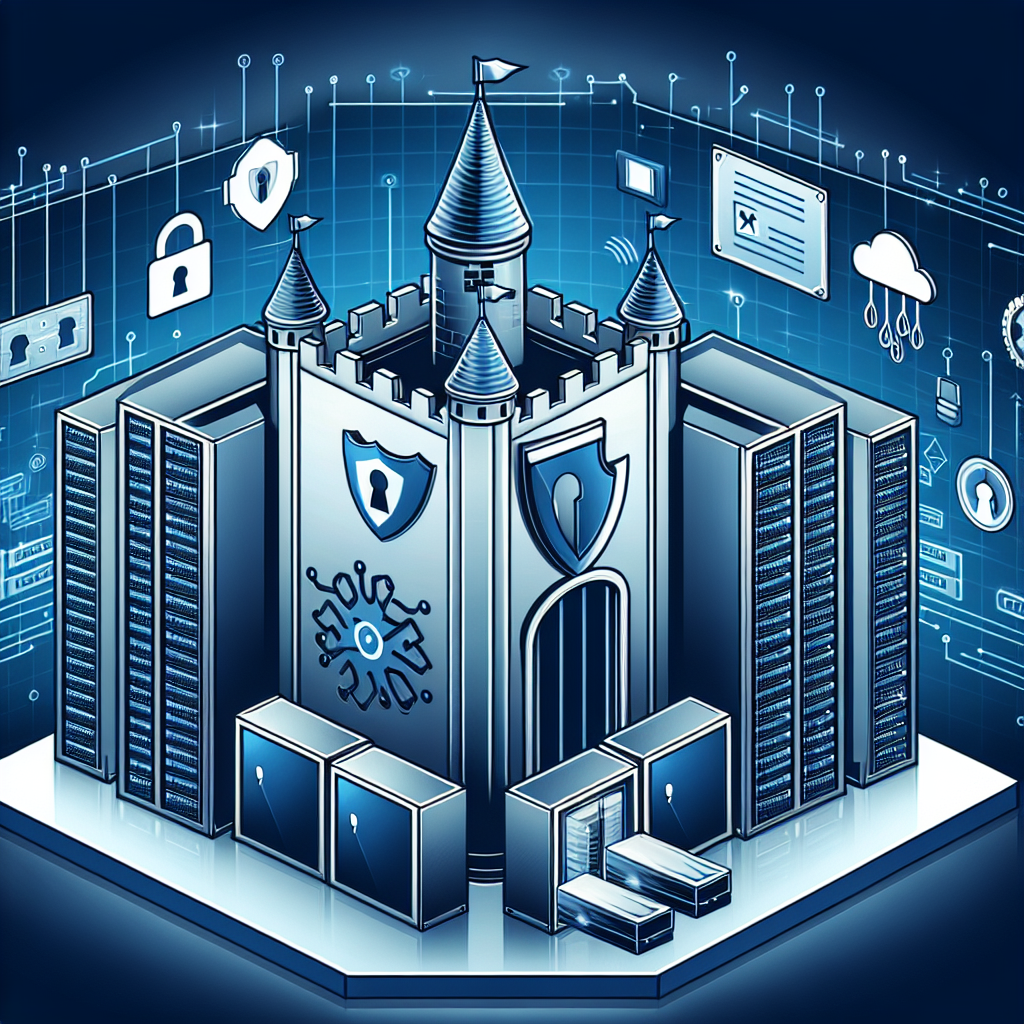Your cart is currently empty!
Don’t Let Disaster Strike: Tips for Effective Data Center Disaster Recovery

Data centers are the backbone of our modern technological infrastructure, housing the critical systems and data that keep businesses running smoothly. However, with the increasing frequency and severity of natural disasters like hurricanes, floods, and wildfires, it is more important than ever for data center managers to have a solid disaster recovery plan in place.
Disaster recovery is the process of restoring data and IT systems after a disruption, such as a cyberattack, hardware failure, or natural disaster. A well-thought-out disaster recovery plan can help minimize downtime, prevent data loss, and ensure business continuity in the face of unexpected events.
Here are some tips for effective data center disaster recovery:
1. Assess Risks: Start by conducting a thorough risk assessment to identify potential threats to your data center, such as natural disasters, cyberattacks, power outages, and human error. Understanding the risks your data center faces will help you develop a comprehensive disaster recovery plan.
2. Develop a Plan: Once you have identified potential risks, work with your team to develop a detailed disaster recovery plan that outlines the steps to take in the event of a disaster. Include key information such as contact details for key personnel, backup procedures, and recovery timelines.
3. Backup Data Regularly: Regularly backing up your data is crucial for disaster recovery. Make sure to store backups offsite in a secure location to prevent data loss in the event of a disaster.
4. Test Your Plan: Regularly test your disaster recovery plan to ensure it is effective and up to date. Conduct simulated disaster scenarios to identify any gaps or weaknesses in your plan and make necessary improvements.
5. Communicate Effectively: Communication is key during a disaster recovery situation. Make sure all key personnel are aware of their roles and responsibilities in the event of a disaster and have clear channels of communication established.
6. Consider Cloud Services: Cloud services can provide an extra layer of protection for your data center in the event of a disaster. Consider using cloud-based backup and recovery solutions to ensure your data is secure and accessible even in the face of a catastrophic event.
7. Work with Experts: If you are unsure about how to develop a disaster recovery plan for your data center, consider working with a disaster recovery expert or consulting firm. They can help you assess your risks, develop a comprehensive plan, and ensure your data center is prepared for any eventuality.
In conclusion, don’t wait for disaster to strike before thinking about disaster recovery for your data center. By taking proactive steps to assess risks, develop a plan, backup data regularly, test your plan, communicate effectively, consider cloud services, and work with experts, you can ensure your data center is prepared for any eventuality and minimize downtime in the face of a disaster.

Leave a Reply